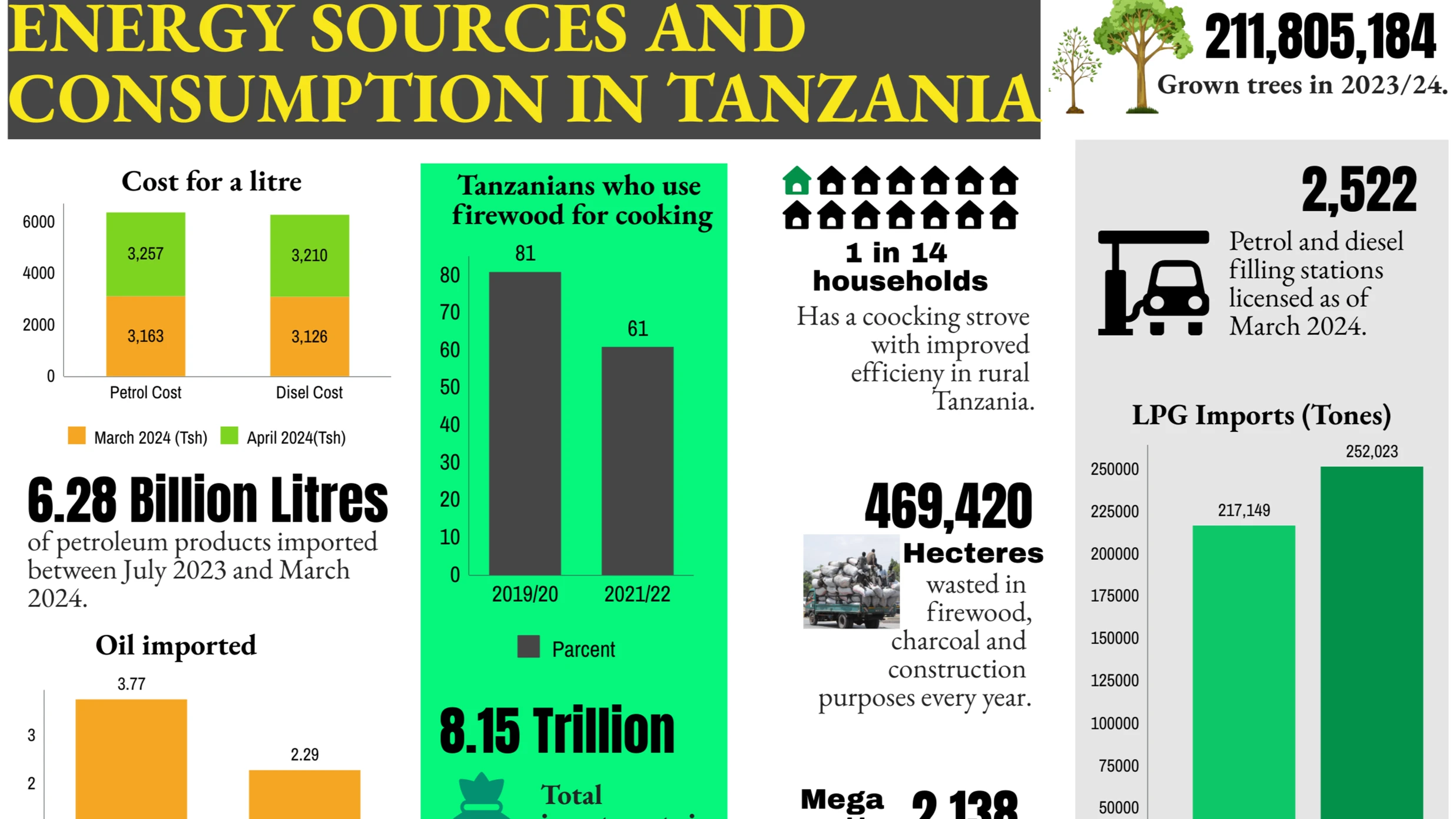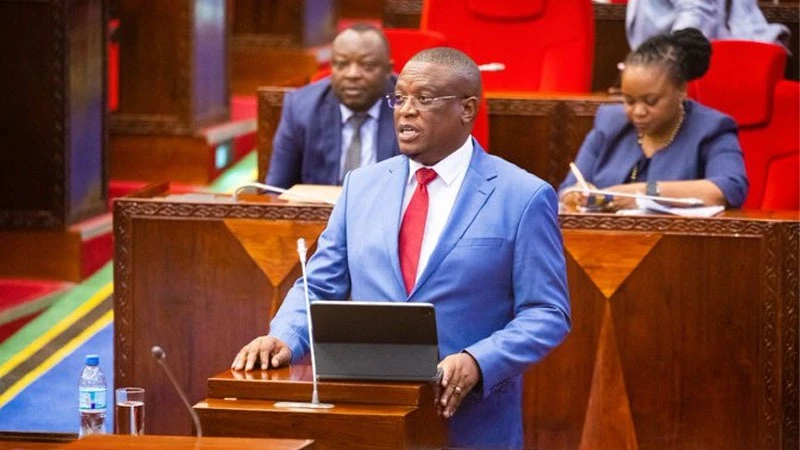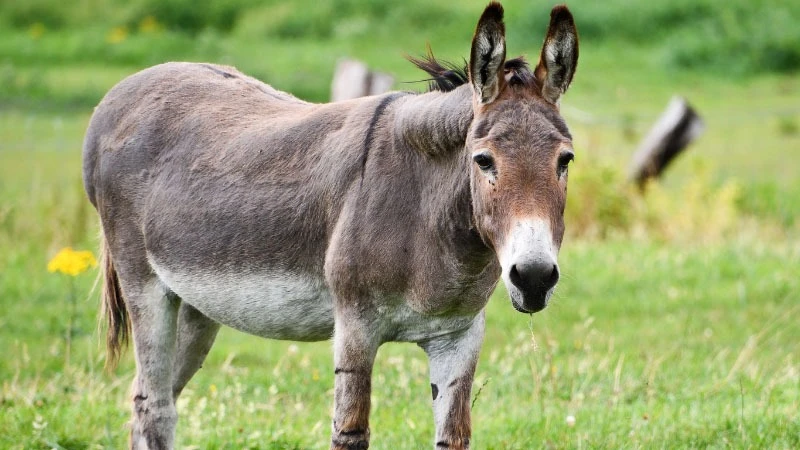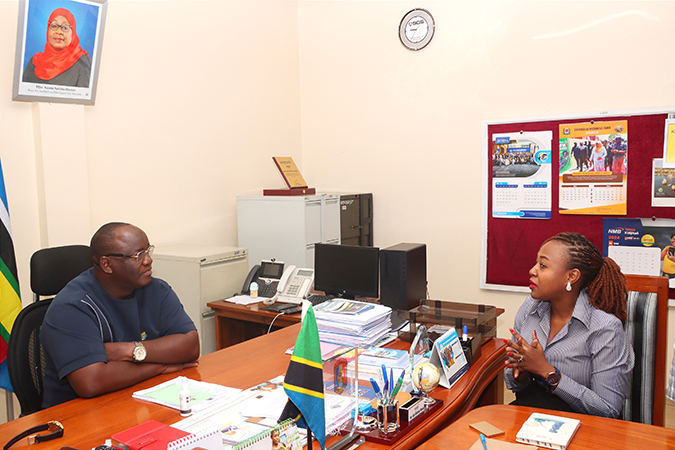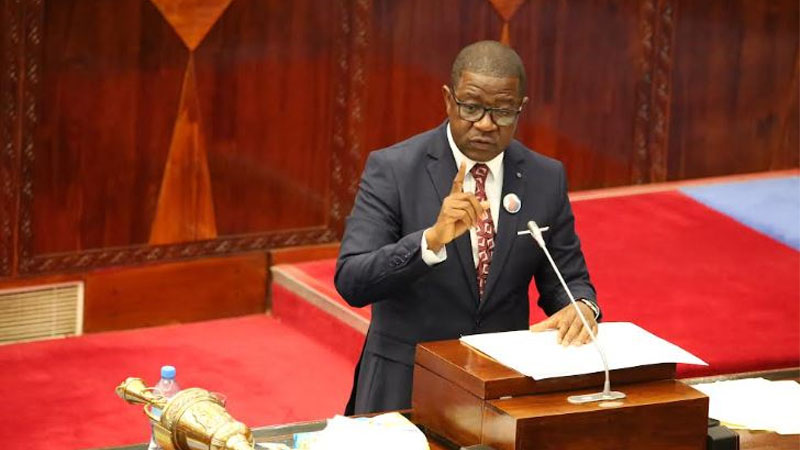Fishing set to stop for three months in Lake Tanganyika

SCHEDULED suspension of fishing activities on Lake Tanganyika for three months starts on May 15, to speed up fish breeding, growth eventually increasing fish catches.
Alexander Mnyeti, the Livestock and Fisheries deputy minister, made this affirmation in the legislature yesterday, responding to Kalambo MP Josephat Kandege.
The MP had demanded whether there is a scientific study that shows that closing fishing activities in Lake Tanganyika to allow the reproduction of fish can bring long-term productivity.
The deputy minister said that the temporary ban is supported by research in neighboring countries sharing the lake, showing that during that period fish varieties like shellfish and sardines tend to multiply.
“These species need a period of three to four months to reach the level of being optimally harvested,” he stated, underlining that suspending fishing activities allows the species to grow, enabling higher yields.
To ensure that the harvesting of fish resources is conducted in a sustainable way, the ministry in collaboration with other Lake Tanganyika Authority partner states is implementing a commonly agreed measure.
It is the regional agreement of the member states of the Lake Tanganyika Authority, setting measures for sustainable fishing within the Lake Tanganyika Basin, he said.
Management measures involved include setting up procedures to control fishing activities at the middle of each year for three months to August 15, he said.
In a supplementary question, the MP asked how the government intends to fight illegal fishing, to which the deputy minister noted that illegal fishing contributes to decrease of fish yields, thus the security organs have initiated operations to ensure that illegal fishing is banished.
For example, on the seashore, MPs who come from those areas have seen the government's efforts to contain illegal fishing with bombs by taking appropriate measures, he stated.
The government was sensitizing local residents to take up fish farming through cages, and with the closure of the lake, the government expects to distribute a number of cages to fishermen, he said.
It is an alternative way for obtaining fish even with periodic suspension of fishing to ensure sustainability in Lake Tanganyika, he added.
Top Headlines
© 2024 IPPMEDIA.COM. ALL RIGHTS RESERVED












